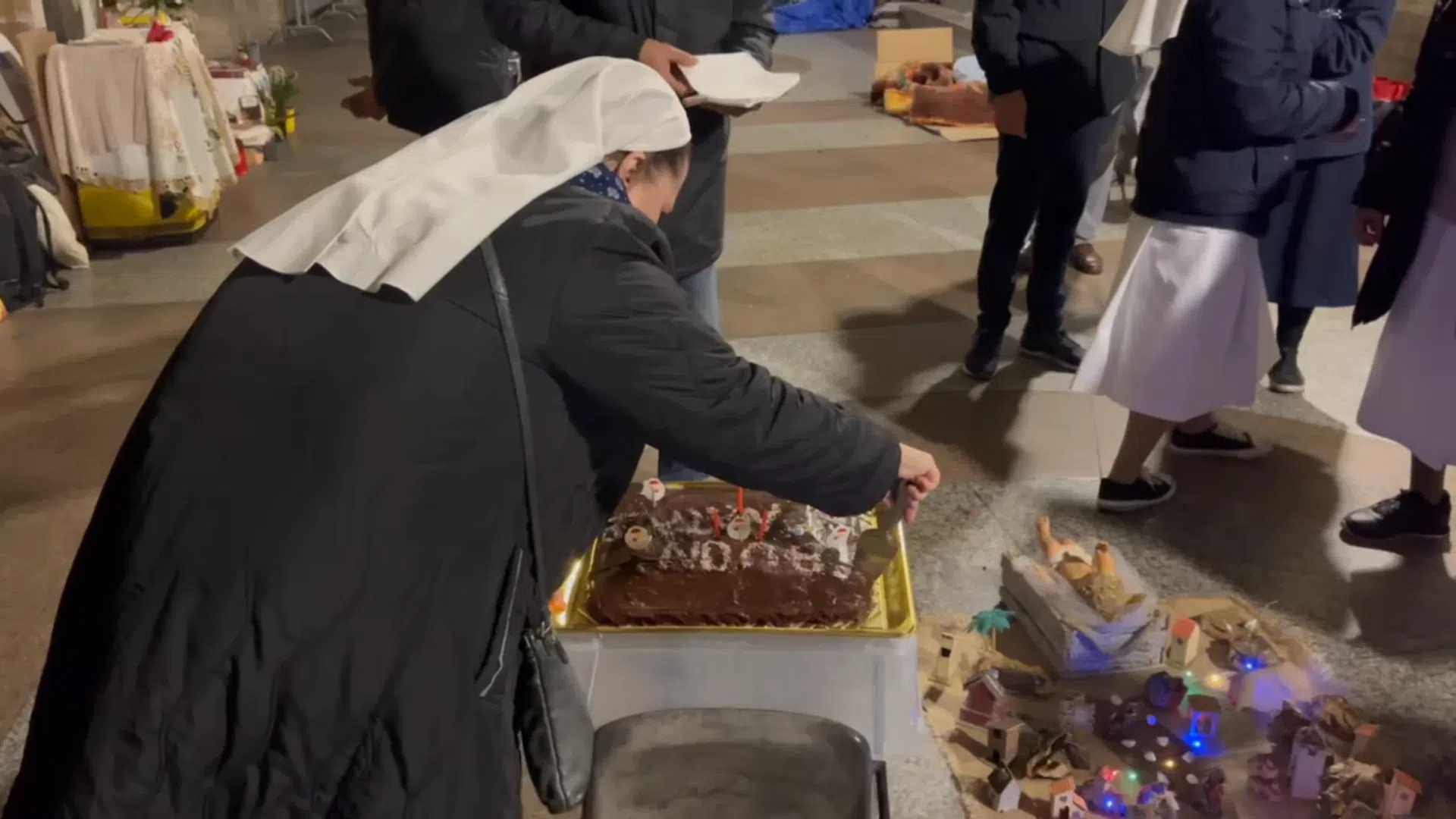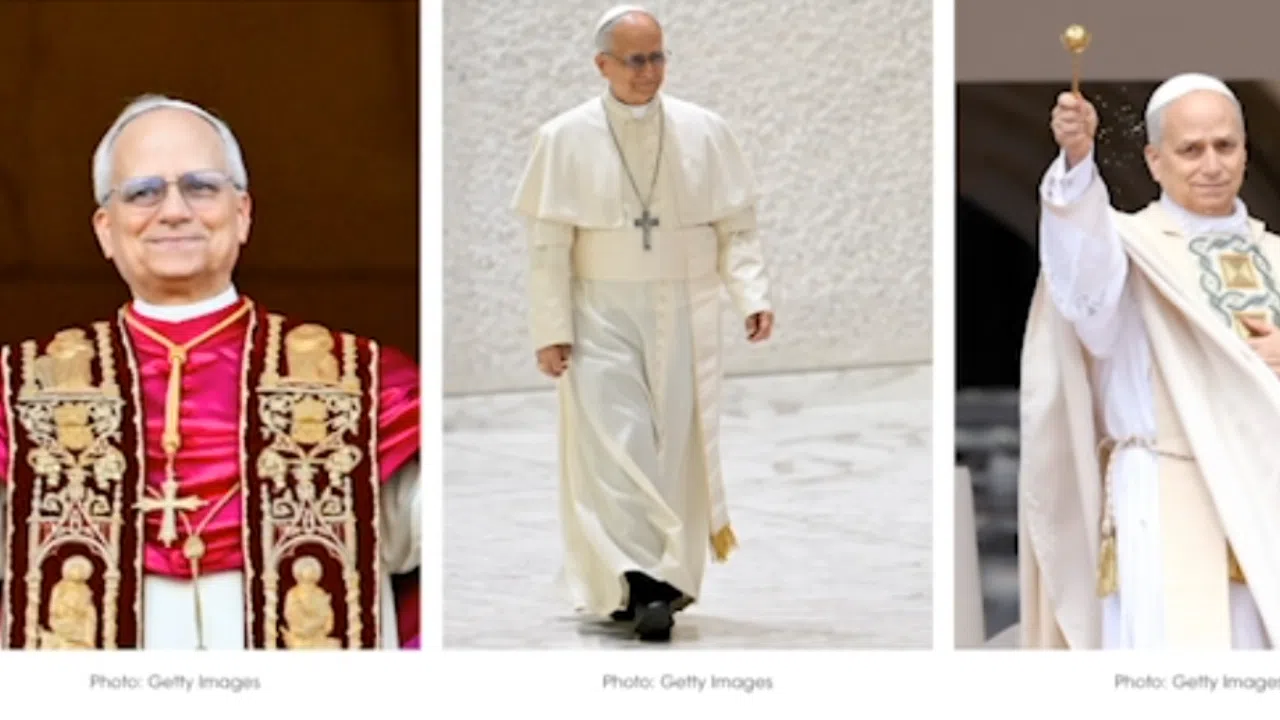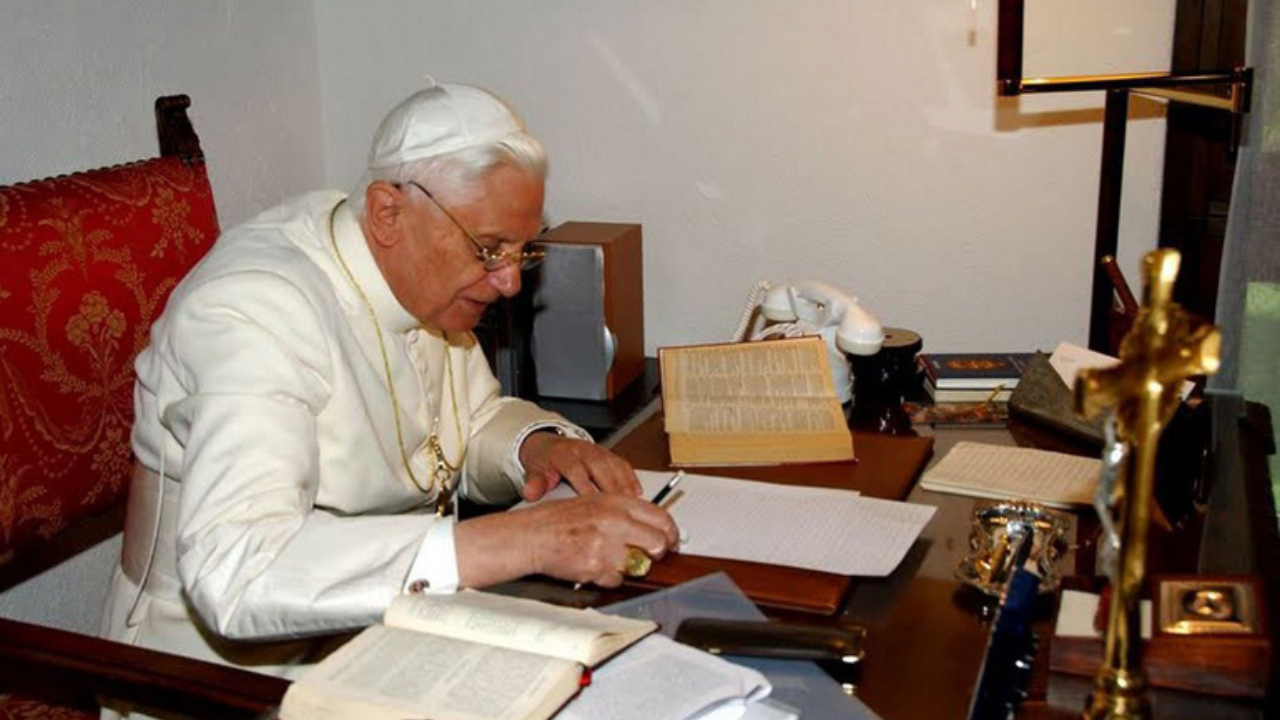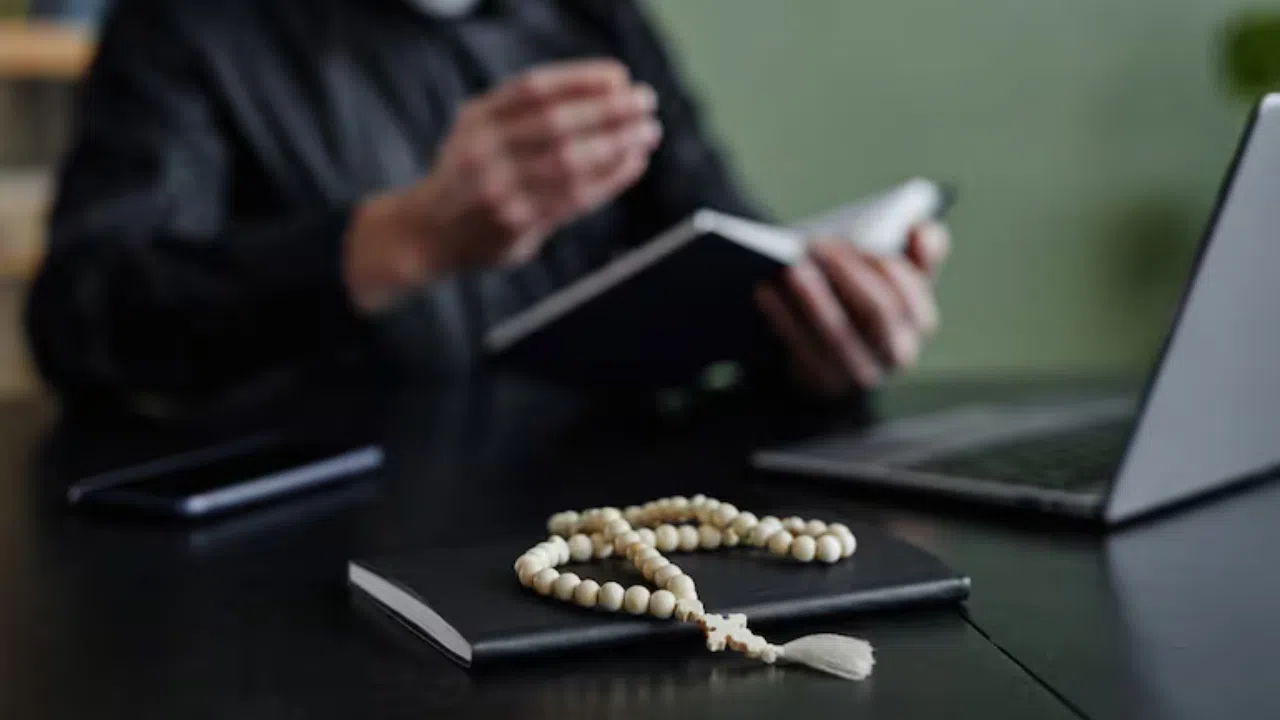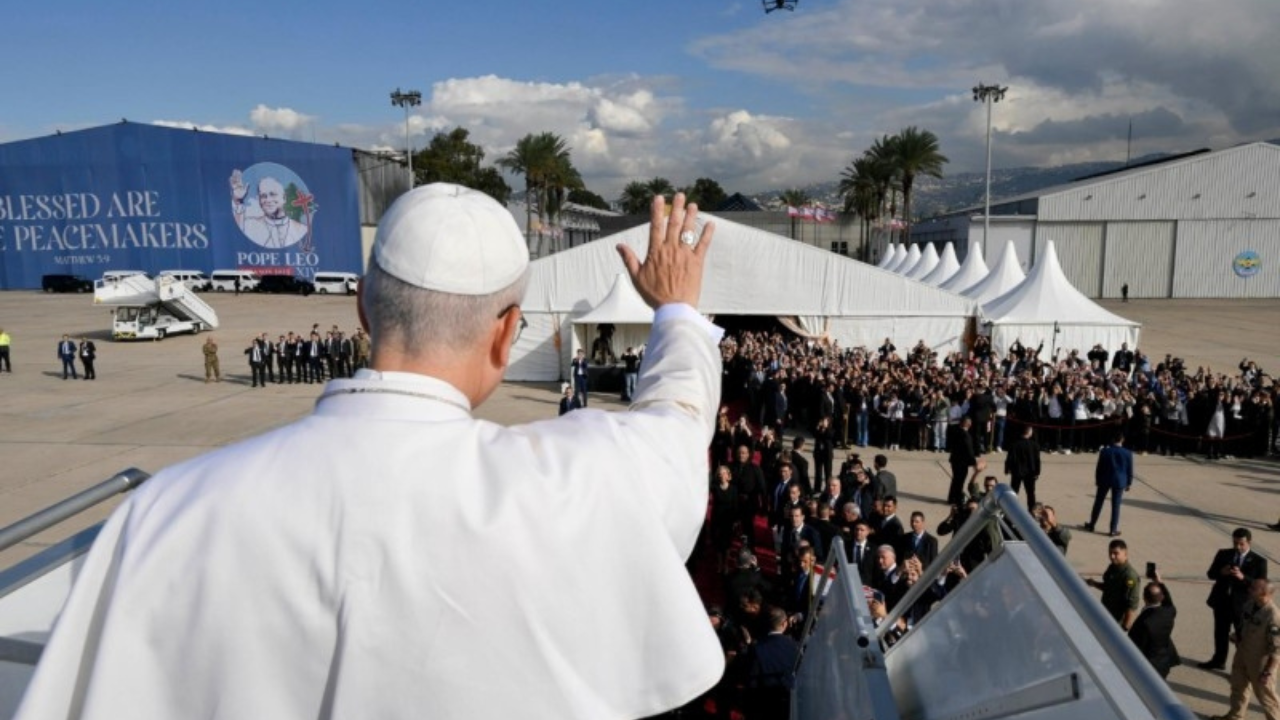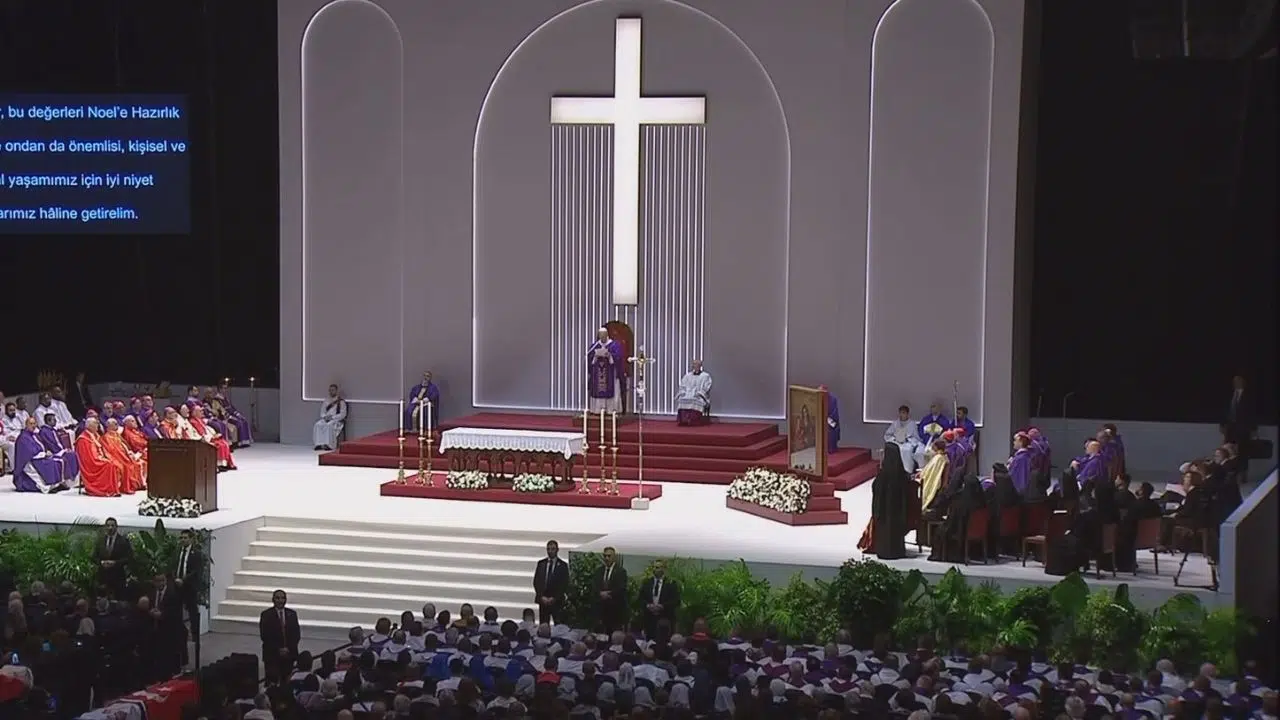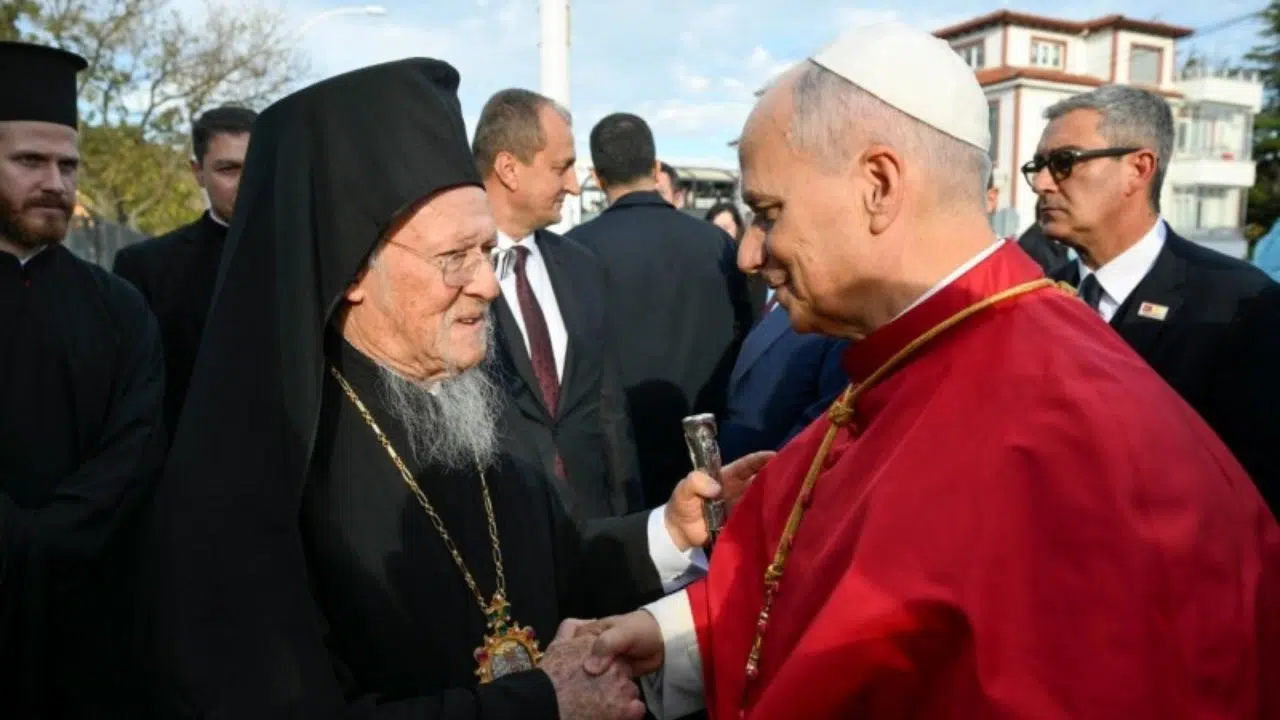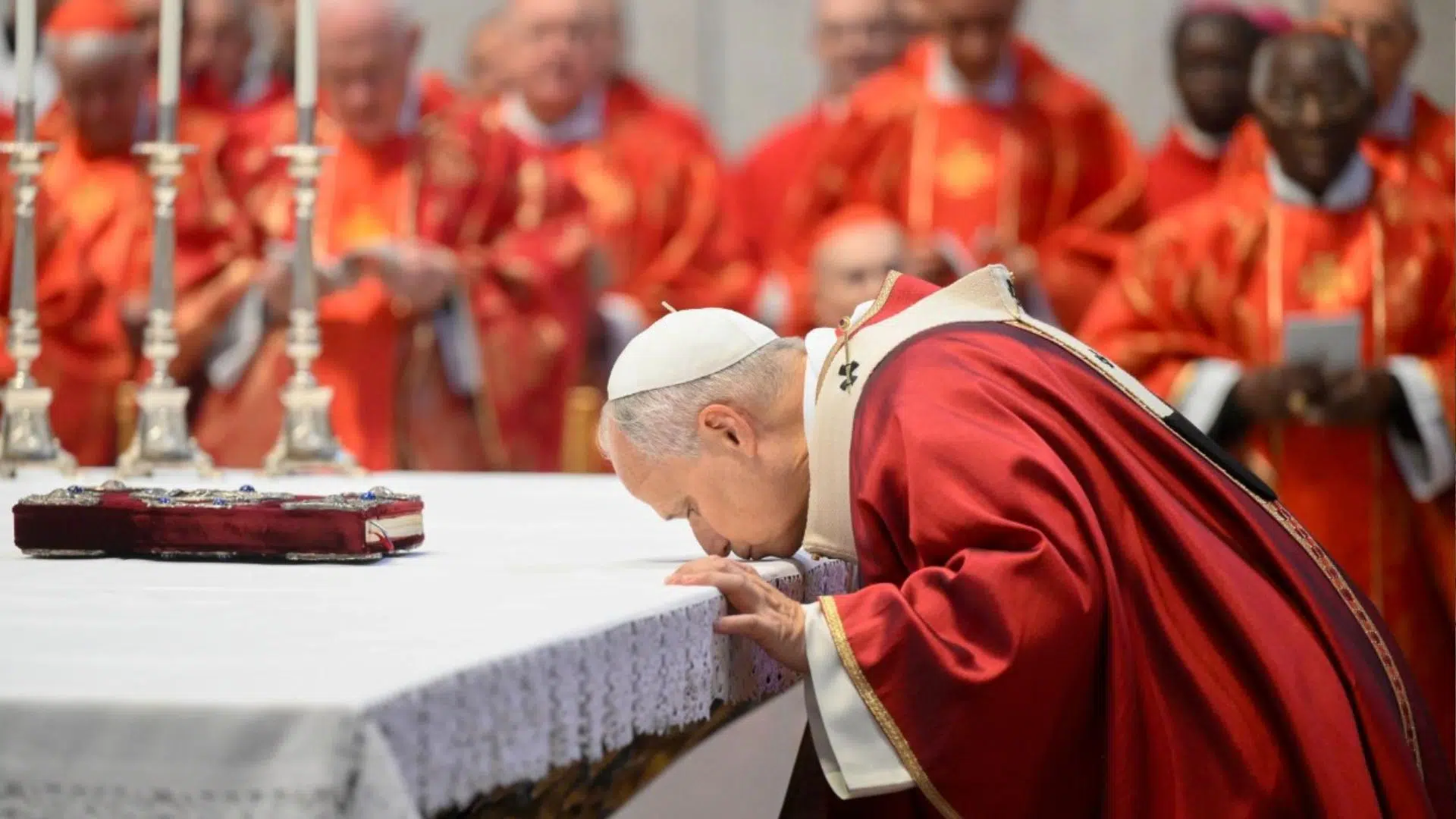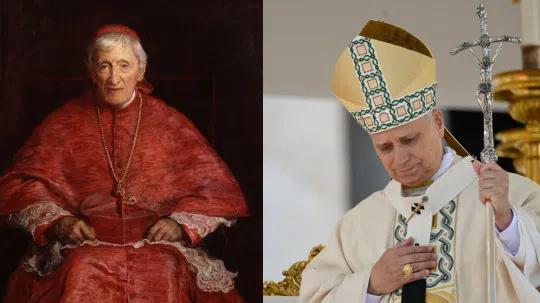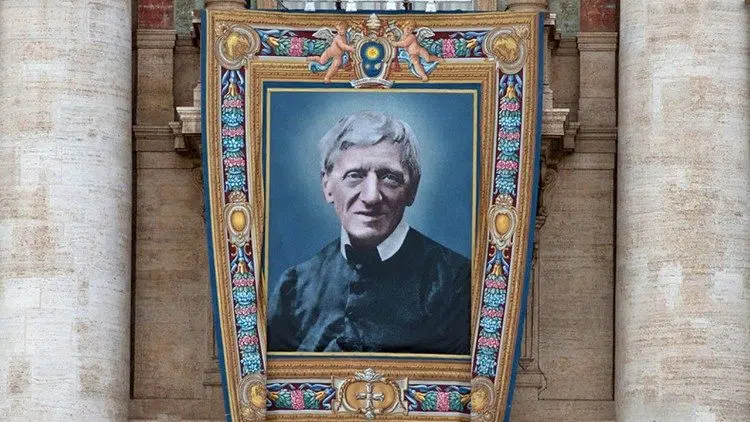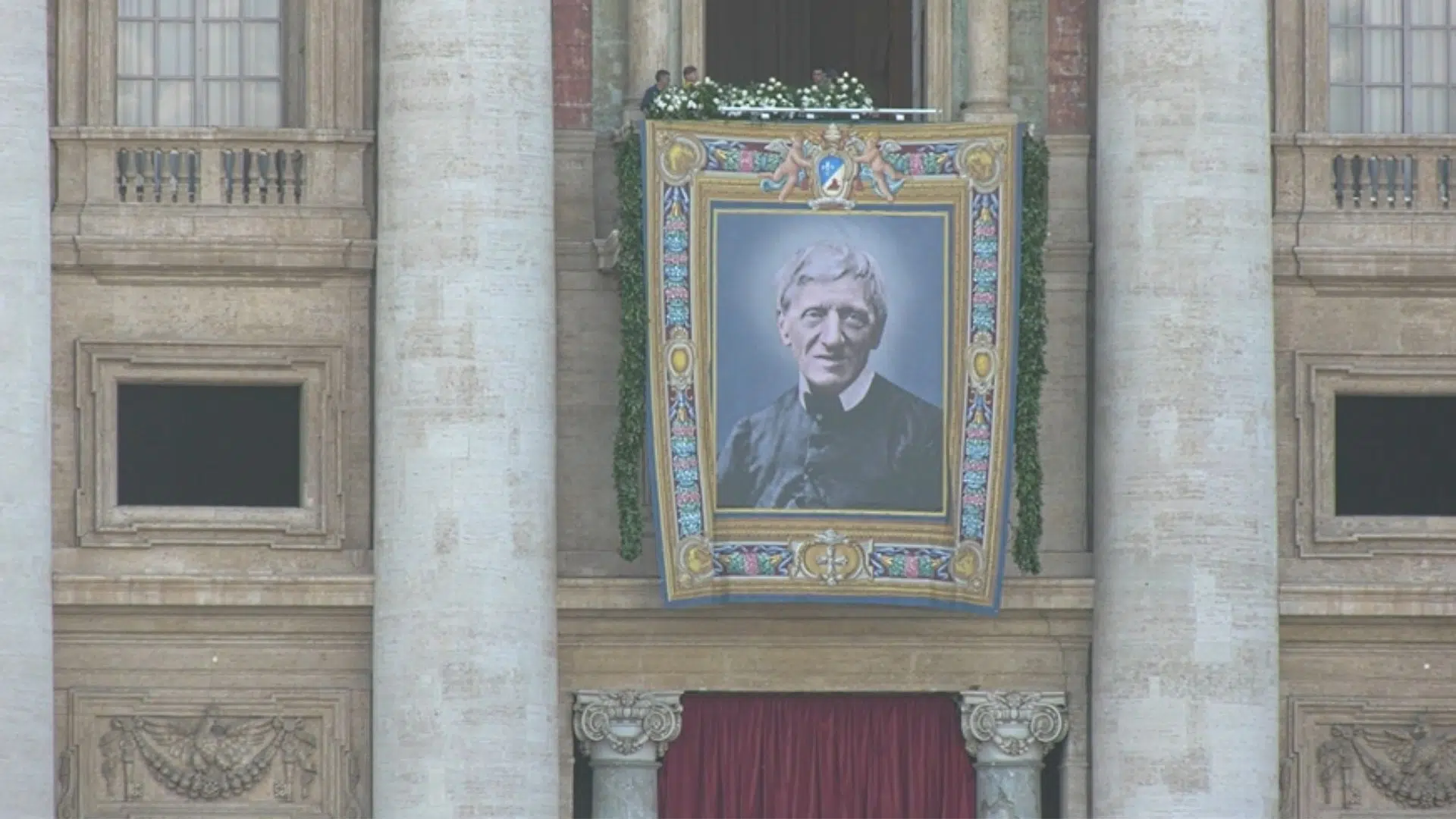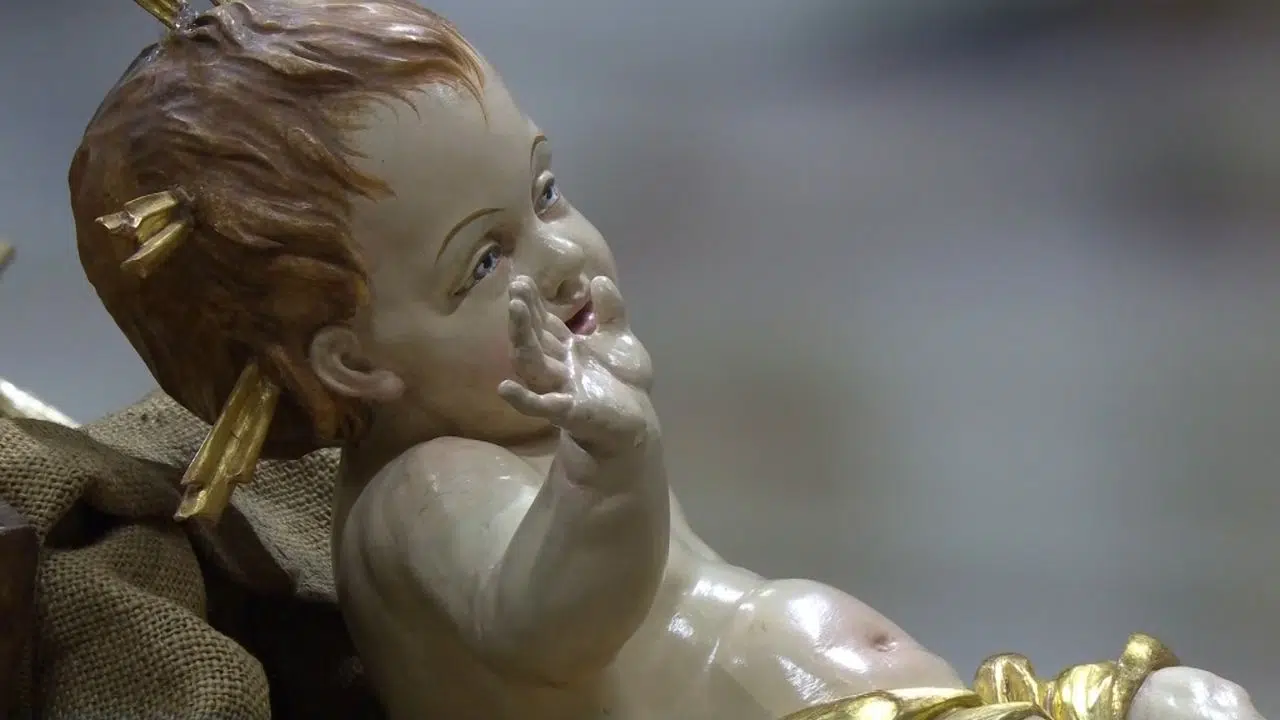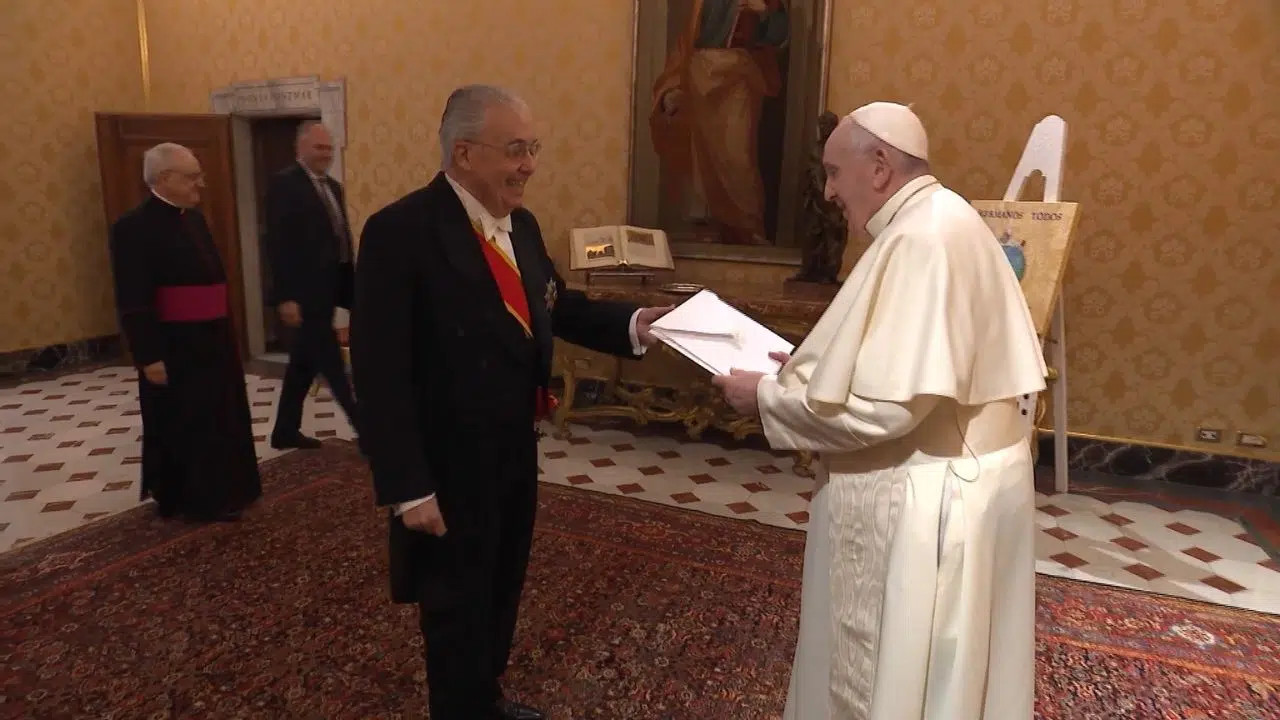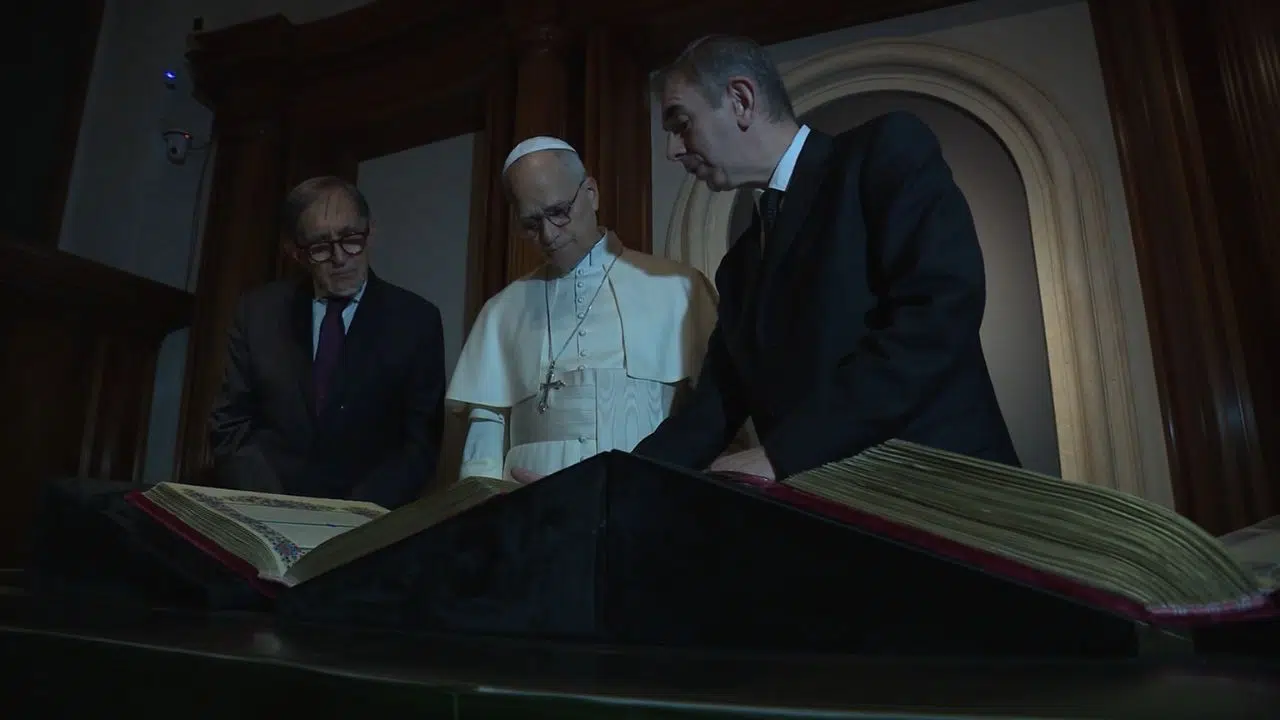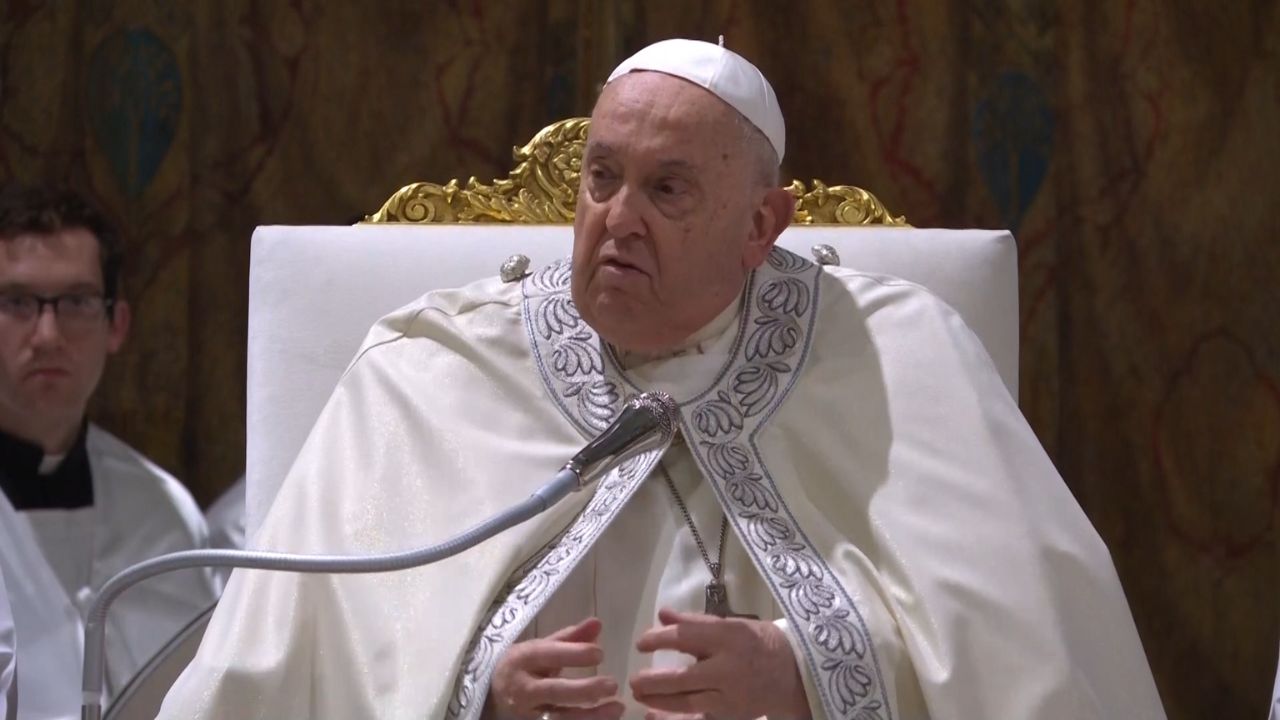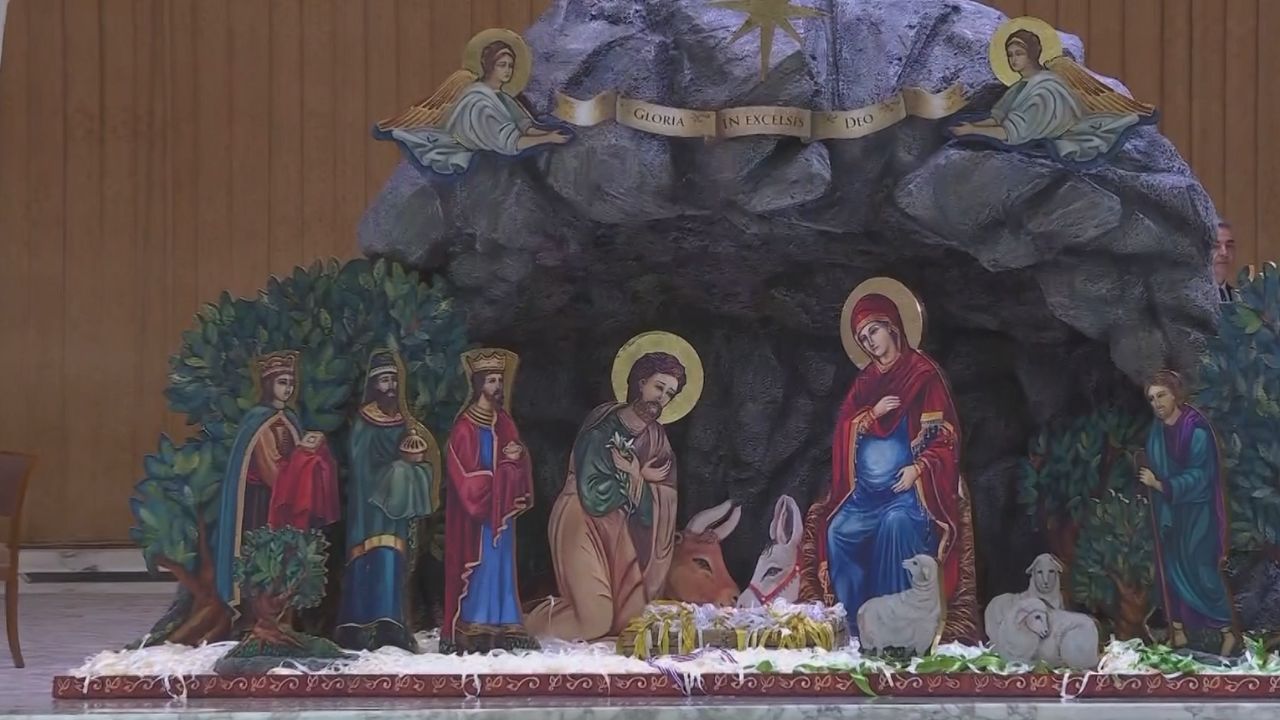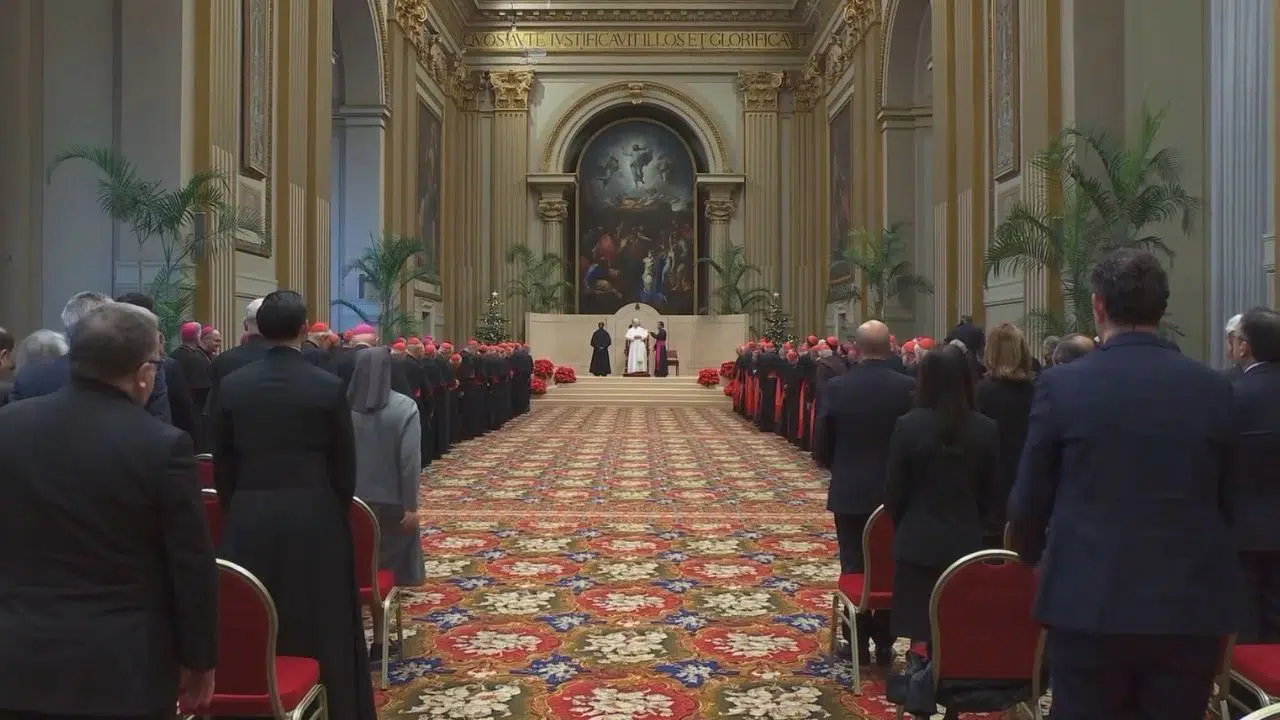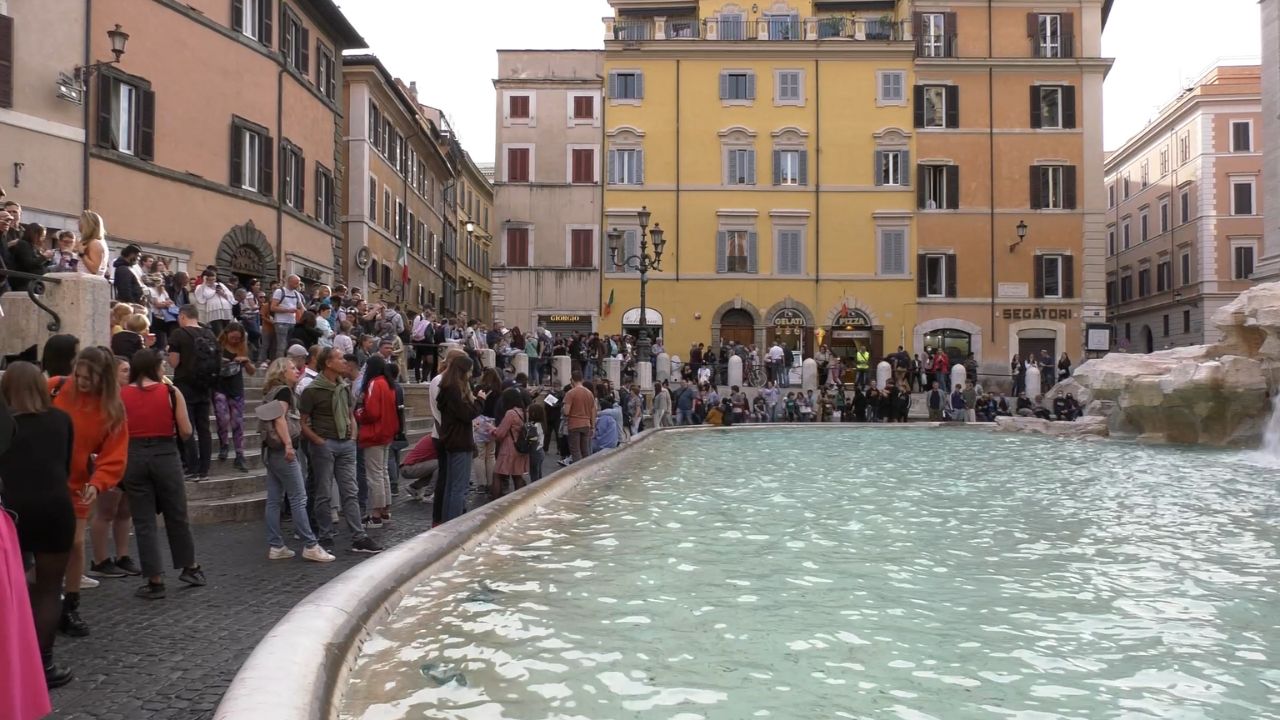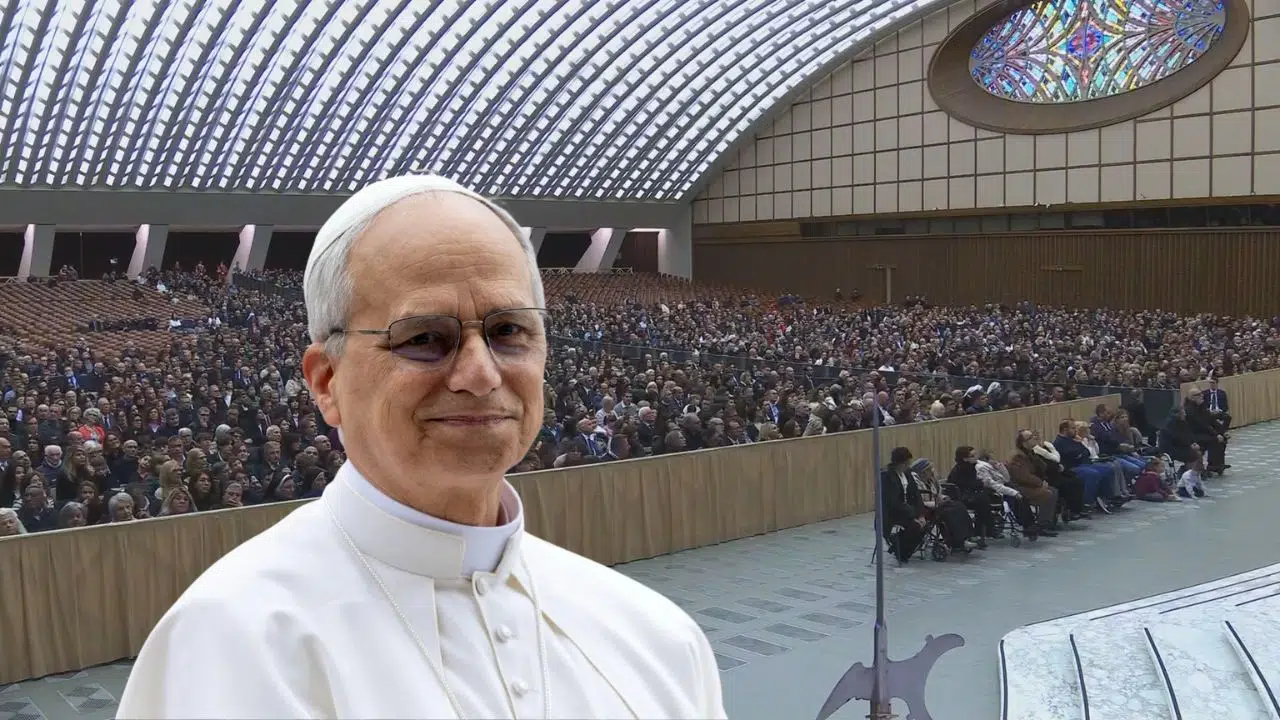Exclusive news for subscribers of Rome Reports Premium:
https://www.romereports.tv/analysis-keys/videos/keys-what-is-anglicanism
-----------------------------------------
How did Anglicanism start?
In 1534, when Pope Clement VII refused to annul King Henry VIII's marriage, the king declared the Church in England's independence from the Roman Catholic Church, rejecting papal supremacy and making himself head of the Church of England, which eventually became the Anglican Communion.
How are Anglicans different from Roman Catholics?
Over time, to make a clear distinction between the two Churches, the Anglican Church adopted more Protestant liturgical and doctrinal teachings.
FR. JAN NOWOTNIK
Venerable English College
“There are Anglo-Catholics who are very very close to the Catholic Church and our doctrine and our teaching, but still probably wouldn't accept the full authority of Rome, and there are others at the other end, of the Evangelical, more liberal Protestantism, who have different views of the Scriptures and an understanding of Tradition.”
One big difference is the ordination of women as priests and bishops, which is allowed in the Anglican Communion but not in the Roman Catholic Church.
Unlike the Catholic Church, Anglicans do not take a stand with regard to the Immaculate Conception and the Assumption of Mary, saying they are not explicitly mentioned in Scripture.
Regarding the Eucharist, Roman Catholics believe the bread and wine truly become the Body and Blood of Jesus. Anglican beliefs can vary on this subject. For example, many Anglo-Catholics believe in the corporeal presence of Jesus in the Eucharist, while Evangelical Anglicans believe God's presence in the bread and wine are just symbolic.
ARCH. IAN ERNEST
Director of Anglican Centre in Rome
“There has been a lot of dialogue around the Marian theology, around the justification of faith, which is very important, and also around all the Eucharist's significance. What happens is that, at times, these theological discourses are not being understood. So one of my tasks here is to be able to write in layman's terms the different doctrinal aspects which have been treated in these conversations.”
There is also of course, what started it all: the question of authority. As Anglicanism spread throughout the world, each Church, in communion with the Archbishop of Canterbury, adapted to local contexts, maintaining the communion's relatively decentralized structure.
The Archbishop of Canterbury today is Justin Welby, who has a strong rapport with Pope Francis. He has paid him a number of visits over the years.
Anglican-Roman Catholic relations today
ARCH. IAN ERNEST
Director of Anglican Centre in Rome
“We have been separated for many many centuries, and we've got perceptions, and at times we believe that the truth is with us. So when you meet with people, when you hear about their faith, when you hear about their commitment to Church, the whole thing changes, because it is a fellow Christian. It is a brother and sister in Christ you're meeting.”
FR. JAN NOWOTNIK
Venerable English College
“The Catholic Church says very firmly that we have to engage in a dialogue with our Christian brothers and sisters, a dialogue that is seeking always full communion with the Catholic Church. Now that for many people means that everyone should become a Catholic. I think a more nuanced way of seeing that is that the Church is already one. The Church that Christ founded is one. It has been divided by men, and men and women have divided it throughout the centuries.”
The canonization of John Henry Newman in October, 2019, is yet another example of the positive dialogue between the two Churches. John Henry Newman, once an Anglican and fervent opponent of the Catholic Church, converted to Catholicism and became an important advocate for the faith and ecumenism.
Another very important step in fostering unity could be Pope Francis and Archbishop of Canterbury Justin Welby's visit to South Sudan, tentatively planned for March, 2020.
FR. JAN NOWOTNIK
Venerable English College
“So it's not Pope Francis going by himself or Archbishop Justin Welby going by himself, but together, they're saying that Christians are supporting the people of South Sudan.”
Today, the Anglican Church is the third largest Christian communion, with about 85 million members worldwide. All 39 provinces of the Anglican Communion are autonomous, each with its own primate and governing structure. These provinces may take the form of national Churches, a collection of nations, or geographic regions.
Claudia Torres
